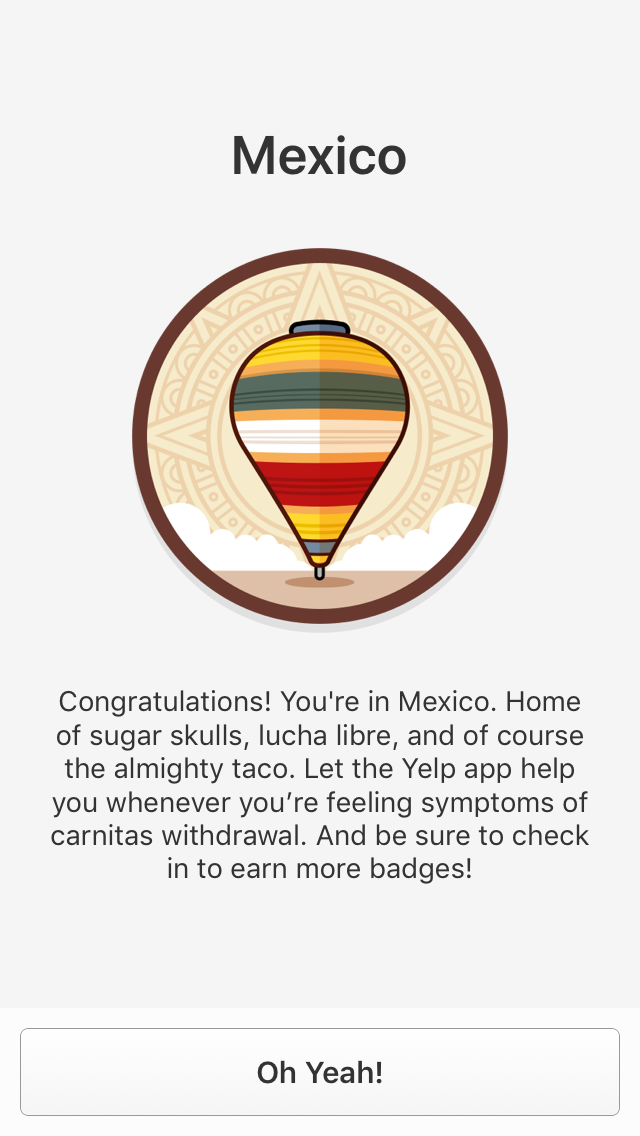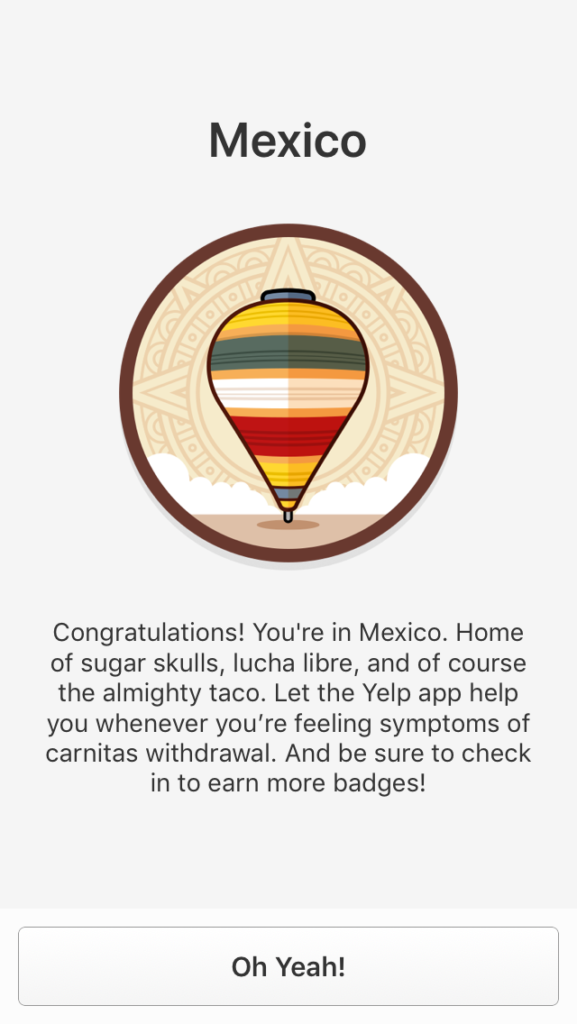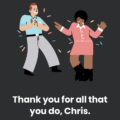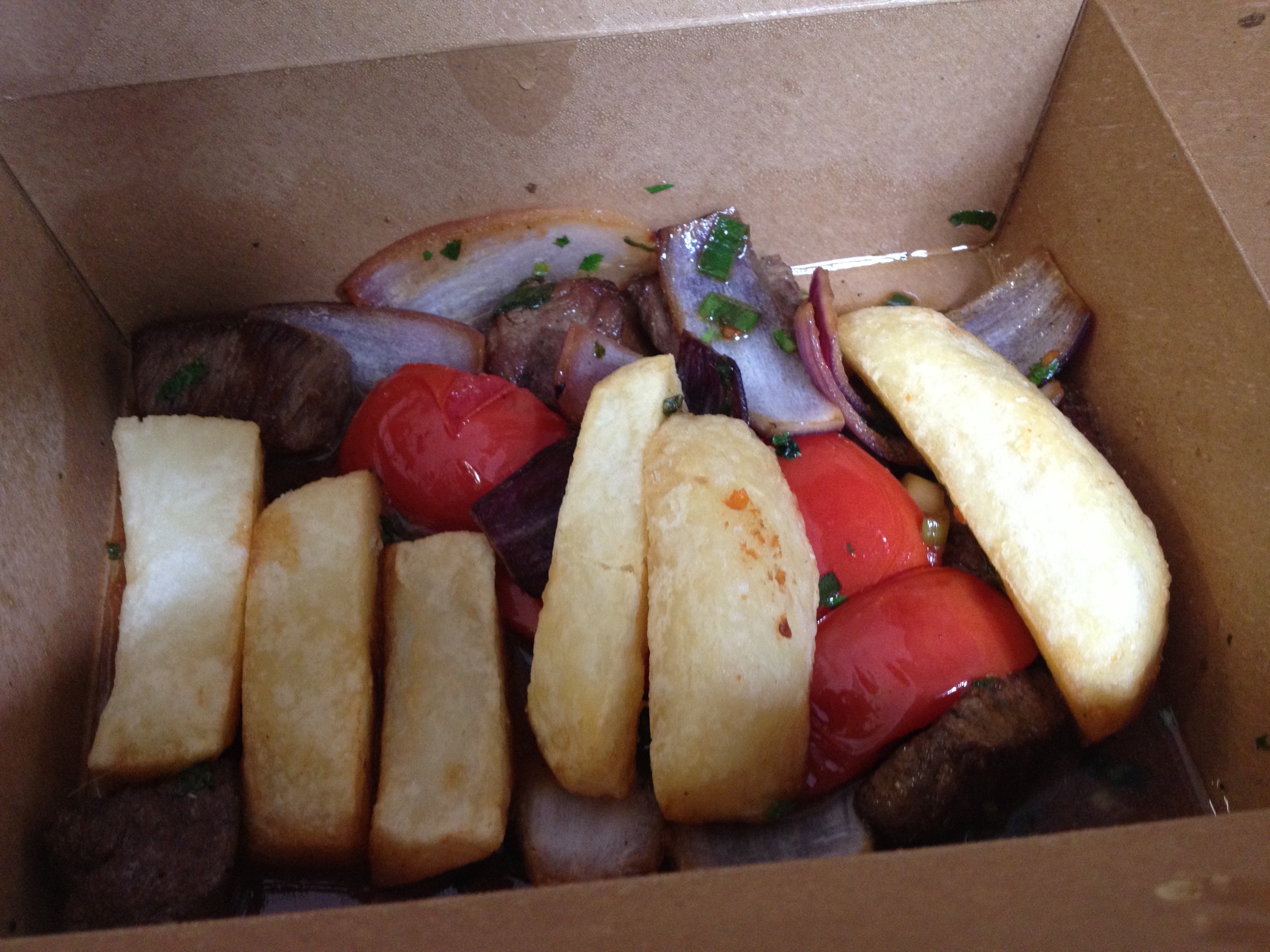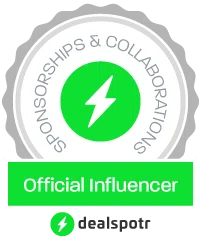There’s a good chance that the only time you’ve heard about Yelp, it didn’t help you build trust in their brand. They’ve had a ton of bad publicity and we’ve actually had plenty of negative experiences with them, but let’s focus on the positive. Here in LA, Jonathan Gold’s 101 list is the “gold standard” for where to eat. LA Weekly just came out with a 99 Essential Restaurant list, and we can’t help but think that whoever compiled that list was GREATLY influenced by Gold. Sadly, even here in LA, very few people outside of the food industry know who he is.
It can be hard to find good places to eat and most people aren’t willing to do a ton of research. They don’t want to Google “best food critic in LA” and then read through Gold’s hundreds of reviews over the year. Instead, we look for more convenient options. Whether it is a reflection of our laziness or desire to save time, services that compile reviews have become extremely popular. Rotten Tomatoes is a great resource for movies, Amazon for consumer goods and Metacritic for video games. While Yelp is far from a household name, it does provide that similar service for businesses… especially places to eat!
There are two ways to use Yelp. You can either check out reviews as a guest or you can become a user and review businesses. Technically, a third way exists, as a business owner but we’re not going that direction today. As a guest, you can quickly type in “sushi” in New York and get an idea where the restaurant is, how much it costs, when it is open and what the population thinks about the food. While we don’t necessarily agree with the aggregate scores of certain places, and while we don’t necessarily trust Yelp’s filter, you’re much better off using Yelp than just walking into the first place you see.
The second way, as a user, can be a bit more frustrating. We’ve written nearly 1400 reviews, but only 1150 are “recommended” according to Yelp. (Their filter is total BS, to be honest.) That’s a lot of good work gone to waste, and our reviews are better than 99% of the ones out there. Why? Because 1) we’re cooks and food bloggers and 2) our reviews are objective. You’d be amazed how petty some people are on that platform, but Yelp does a good job attempting to keep it more positive than other social media apps.
If you are interested in going down that road, which doesn’t have any benefits for the user other than the general good feeling of contributing to “the community” and steering people in the right direction, there is a way to start that we recommend. (There is one benefit, you can argue, which is becoming Yelp Elite. I hear they get to go to events, etc, but we’re not elitist.)
First, create your profile and fill out the information, being as honest and fun as possible.
Second, add a fun picture of you consuming food that you love.
Third, type in your favorite places to eat and read the reviews of other Yelpers. If you agree with certain people’s opinions, send them a friend request and let them know. Do not friend request everyone, especially people who you don’t agree with AND do not send the generic message to anyone. First, vote on their review and then send them a quick, custom request.
Fourth, start checking in to places as you go, taking pictures to upload and writing reviews. You want to try to write reviews weekly, rather than let them build up for years and tackle them later.
That is it! You need to be careful since Yelp can be really tough on their users. They don’t like how we’re food bloggers using their platform, so we can’t promote “us” in any way on Yelp. That is fine. We do our “professional” reviews on the blog and other sites, while we write a different kind of review on Yelp. Those reviews are for the everyday consumer.
Are you a Yelper or do you prefer using Google, Foursquare or Facebook reviews? Let us know in the comments below! Stay hungry and fit!
(And if you are a Yelper, we need some help getting our last two badges! Instigator and Breakfast Club!)

